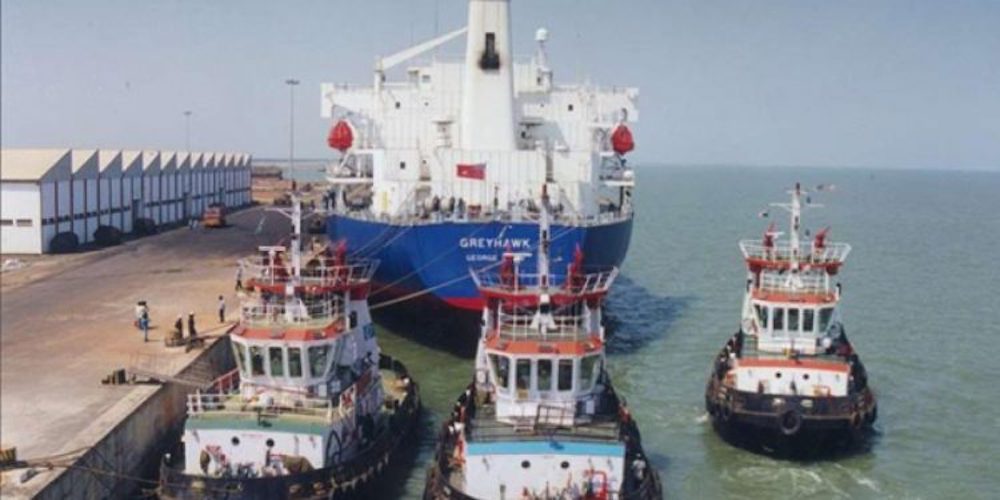A New Policy to Develop Indian Ports on the Anvil

India has a 7,500 km long coastline, 14,500 km of potentially navigable waterways and strategic location on key international maritime trade routes. About 95% of India’s trade by volume and 65% by value is done through maritime transport facilitated by ports. Under the aegis of the Sagarmala project of the Ministry of Ports, Shipping and Waterways, several initiatives on port-led development have been identified and launched. The ongoing developments and committed investments (public and private) in ports need to be aided by scientific and consultative planning, with a keen focus on ever increasing safety, security and environmental issues.
The Indian Ports Act, 1908 (“Act”) is more than 110 years old. It has become imperative that the Act is revamped to reflect the present-day frameworks, incorporate India’s international obligations, address emerging environmental concerns, and aid the consultative development of the ports sector in the national interest.
Accordingly, the draft Indian Ports Bill, 2022 (“IP Bill 2022”) has been prepared to consolidate and amend the laws relating to ports, for the prevention and containment of pollution at ports, to ensure compliance with the country’s obligation under the maritime treaties and international instruments to which India is a party; take measures for conservation of ports; to empower and establish State Maritime Boards for effective administration, control and management of non-major ports in India; provide for adjudicatory mechanisms for redressal of port related disputes and to establish a national council for fostering structured growth and development of the port sector, and ensure optimum utilization of the coastline of India, as may be necessary, and to provide for matters ancillary and incidental thereto, or connected therewith.
The draft IP Bill 2022 seeks to repeal and replace the existing 1908 Act. The primary objectives of the proposed bill are four-fold:
– promote integrated planning between States inter-se and Centre-States through a purely consultative and recommendatory framework;
– ensure prevention of pollution measures for all ports in India while incorporating India’s obligations under international treaties;
– address lacunae in the dispute resolution framework required for burgeoning ports sector;
– usher-in transparency and cooperation in development and other aspects through use of data.
The proposed bill will homogenize and streamline the development of the maritime sector, along with, promoting ease of doing business by eliminating unnecessary delays, disagreements and defining responsibilities. It will incorporate State Maritime Boards in the national framework.
Additionally, Maritime State Development Council will ensure cooperative federalism where Centre and State/UT Governments will work together towards preparing progressive road map for the country. The redundant provisions of the Act have been deleted or replaced with contemporaneous provisions.
Further, existing penalties in the Act which are outdated have been updated with respect to amounts and offences relevant to present day scenarios.
Three earlier versions of the Bill were circulated by the Ministry to various stakeholders, including Major Ports, States Governments, State Maritime Boards and various Central Government ministries. Draft IP Bill, 2022 has been formulated keeping in view all remarks that have been received.
Shri Sarbananda Sonowal, Union Minister for Ports, Shipping and Waterways, has stated that this bill will help in instilling confidence among more players thereby increasing their participation and promoting healthy competition in the maritime sector. According to him, this will lead to increased economic activity, wider markets, and a significant increase in associated employment possibilities, resulting in achieving the vision of Atmanirbhar Bharat of Prime Minister Narendra Modi.
The Ministry intends to seek feedback and suggestions on the draft IP Bill 2022 from all the stakeholders. The document can be accessed from the websites of the MoPSW and Sagarmala on the links https://shipmin.gov.in/ and https://sagarmala.gov.in/ respectively and suggestions can be sent to sagar.mala[at]gov[dot]in.



